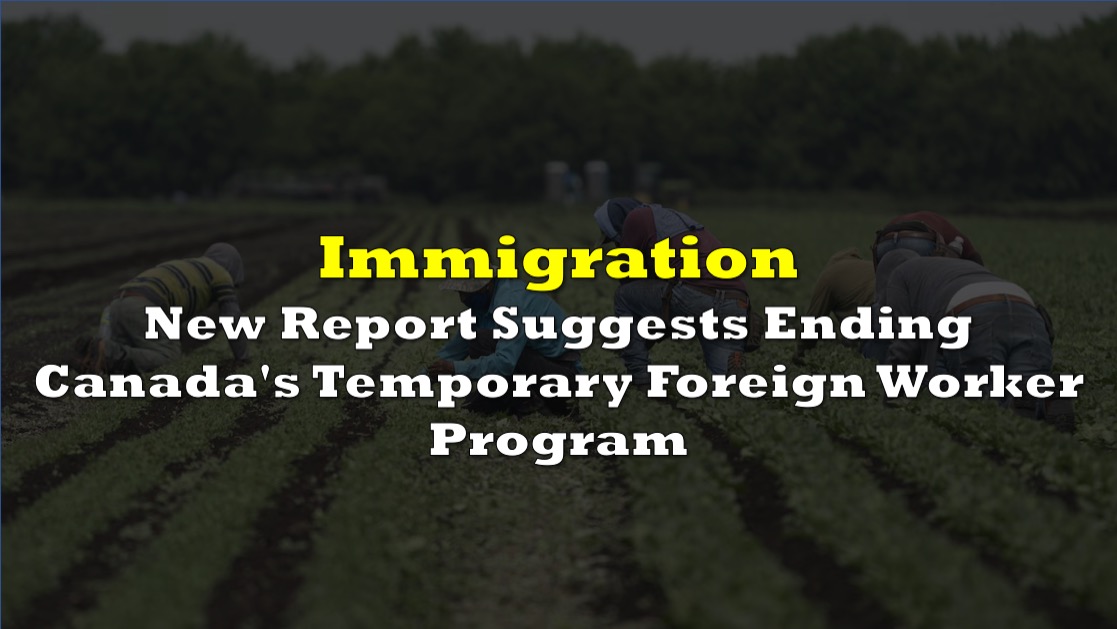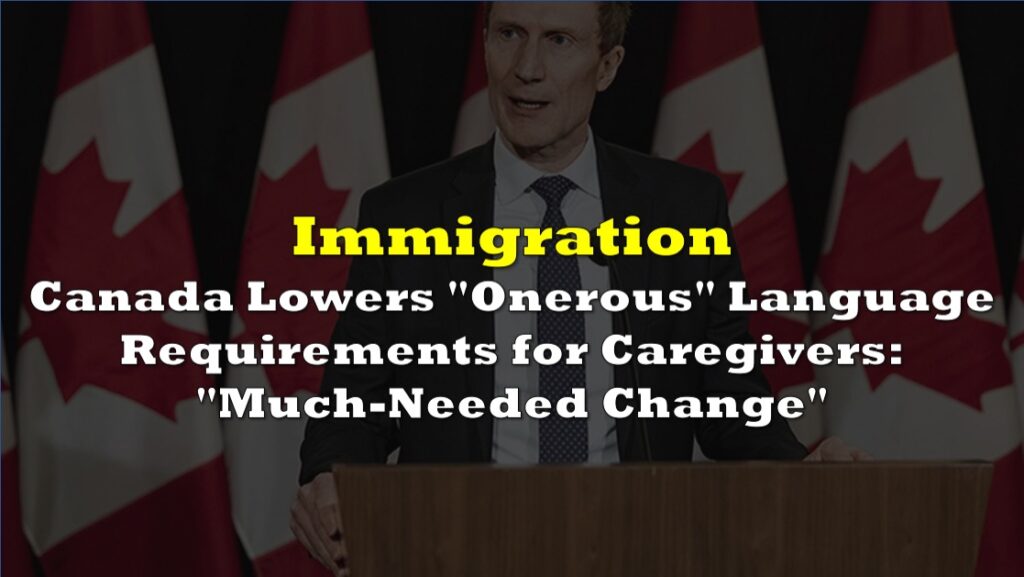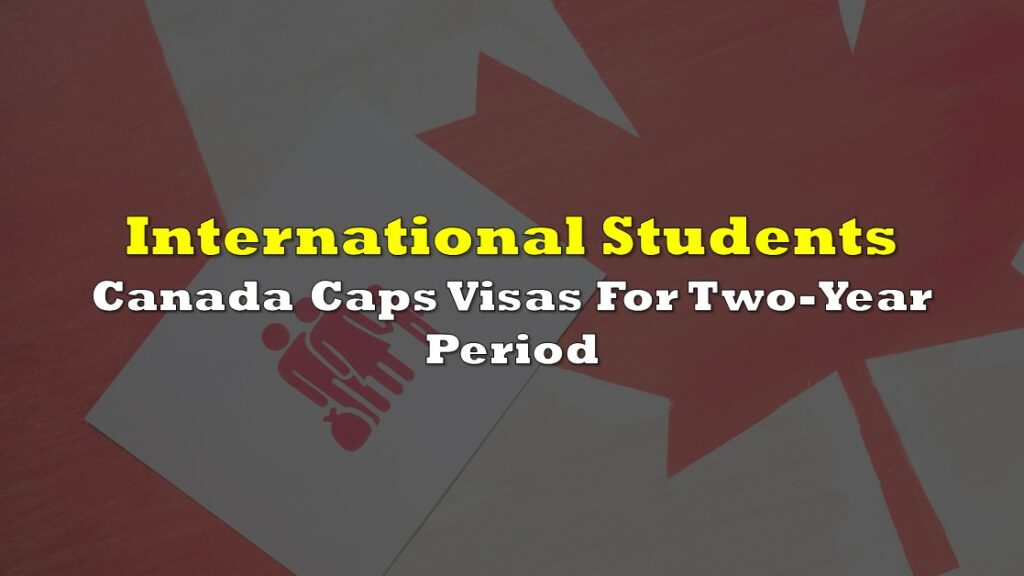A new report has called for the abolition of Canada’s Temporary Foreign Worker Program, recommending that all migrant workers be granted permanent residency upon arrival. The comprehensive study, titled “Permanent Jobs, Temporary People: Temporary Foreign Workers’ Struggle for Permanent Residency in Prince Edward Island,” was released on Wednesday by researchers from Dalhousie University, St. Thomas University, the Cooper Institute, and the Madhu Verma Migrant Justice Centre.
The report scrutinizes the Temporary Foreign Worker Program (TFWP) as it operates in Prince Edward Island (PEI) and highlights numerous systemic issues. Eliza MacLauchlan, the lead author of the report, emphasized that granting permanent residency upon arrival could solve many of these issues. “Most of these problems wouldn’t exist if workers were given permanent residency from the start,” MacLauchlan said.

The report is based on 27 interviews conducted between October 2022 and July 2023 with 29 participants, including 12 current or former temporary foreign workers, 10 service providers, four provincial government employees, and three employer representatives.
Some key recommendations from the report include:
- Granting permanent residency upon arrival: This would eliminate the temporary aspect of the TFWP and provide workers with the same rights and protections as Canadian citizens and permanent residents.
- Improving workplace inspections: The report suggests that inspections should be frequent and unannounced to prevent employers from manipulating conditions before inspectors arrive.
- Full access to employment insurance and healthcare: Ensuring that temporary foreign workers have the same access to these benefits as other workers.
- Ending employer-specific work permits: This would allow workers to change jobs without risking their immigration status.
- Reliable funding for support groups: Securing consistent financial support for organizations that assist migrant workers.
The TFWP, launched in the 1970s, was initially intended as a last-resort measure for businesses unable to find sufficient domestic labor. However, temporary foreign workers have since become integral to Canada’s agricultural and seafood processing sectors. The report notes that 40% of PEI’s agricultural workforce is composed of temporary foreign workers, with numbers rising from about 400 in 2015 to over 1,600 in 2023.
Temporary foreign workers often find themselves in precarious positions, as their work permits are tied to specific employers. This creates a significant power imbalance, as losing a job typically means having to leave the country. Workers who report abusive conditions risk not being rehired the following season.
The report highlighted the inadequacies of the “report abuse” hotline, which many workers found ineffective. MacLauchlan recounted an instance where workers were coached on what to say before a pre-announced inspection and received no substantial support when they later reported abuses via the hotline.
The report also found that employers face challenges in navigating the TFWP, particularly regarding the immigration requirements and providing housing for workers, especially in rural areas. “There was a lot of human resources challenges that came with administering this program and also supporting people with permanent residency,” MacLauchlan noted.
Despite the vital role temporary foreign workers play, very few transition to permanent residency. Of the 3,615 people who gained permanent residency in PEI in 2023, only 55 had participated in the TFWP. Seasonal work, which is common among temporary foreign workers, does not typically count towards permanent residency eligibility.
The report also sheds light on the problematic workaround where employers keep workers on the payroll year-round to meet residency requirements. This often leads to workers accruing debt if they cannot work sufficient hours during the off-season. One worker resorted to a loan agent to pay off a debt to an employer, resulting in monthly payments of nearly $500 and homelessness.
The report concludes that the current system of tip lines and complaint-driven inspections is insufficient in preventing workplace abuses. Since the federal government instituted new penalties for non-compliant employers in 2015, nearly 900 employers have been fined or suspended, yet the system still fails to protect many workers.
“Given the preponderance of workplace abuses uncovered by researchers and the media, it is clear that the tip line and complaints-driven inspections are not catching or preventing abuses in the workplaces of temporary foreign workers in P.E.I. and beyond,” the report states.
Information for this briefing was found via CBC and the sources mentioned. The author has no securities or affiliations related to this organization. Not a recommendation to buy or sell. Always do additional research and consult a professional before purchasing a security. The author holds no licenses.









